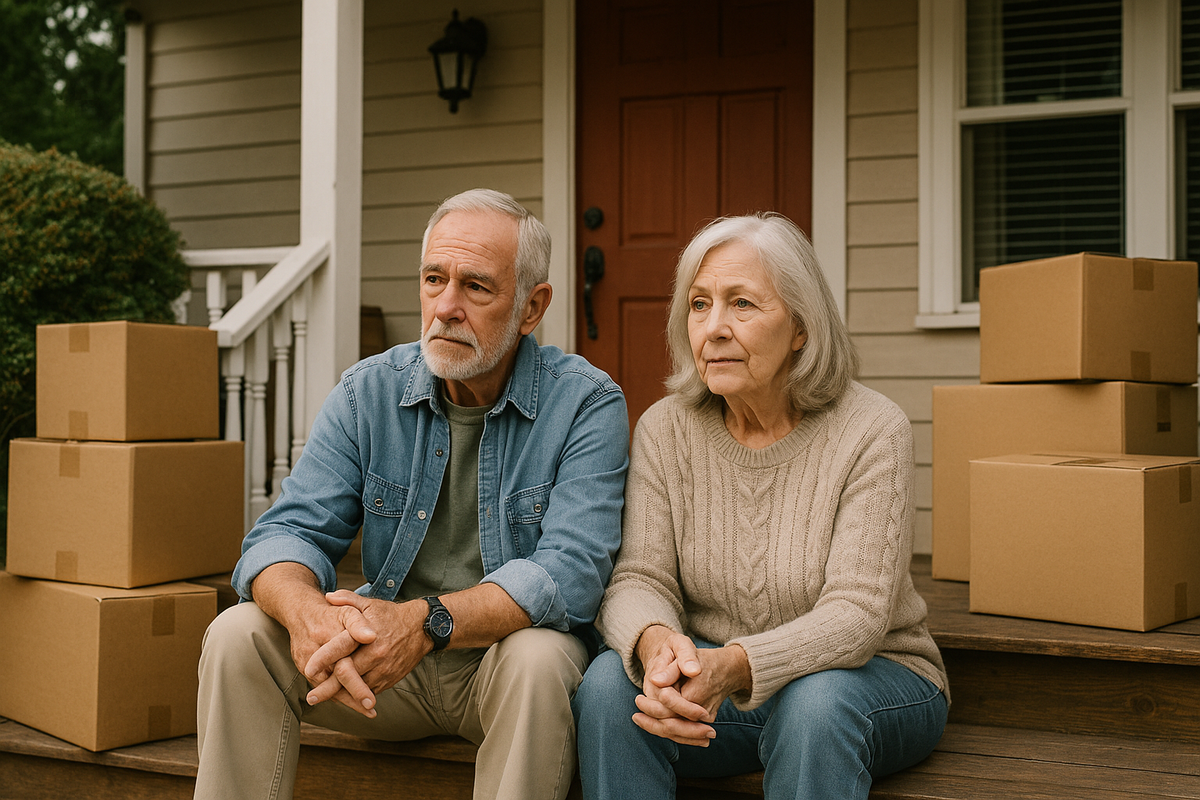Why Seniors Aren’t Moving and How It’s Locking Out First-Time Buyers
With over 73% of seniors still owning homes, downsizing is rare. High costs, limited options, and emotional ties stall turnover, straining the first-time buyer supply in Canada.
-
2 min read






